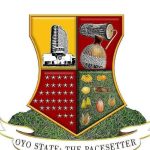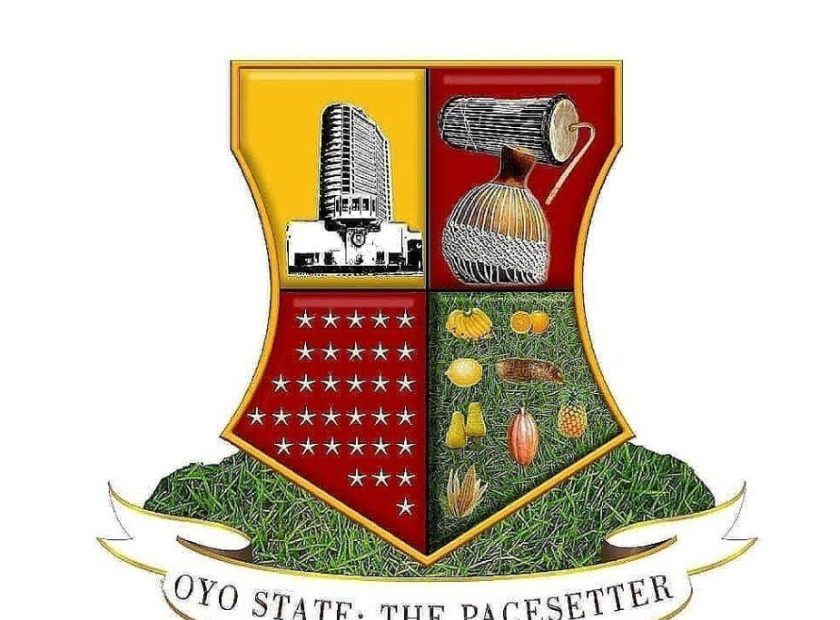… As initiative aims to reduce childhood blindness
Stakeholders have urged parents and guardians to prioritize their children’s eye health, preventing trauma and distance vision impairment.
The call was in commemoration of World Sight Day, observed annually on the second Thursday of October. This year’s theme, “Love Your Eyes Kids,” highlights the need for awareness and action.
Commissioner for Health, Dr. Oluwaseremi Ajetunmobi, represented by Dr. Babalola Johnson, emphasized the public’s role in preventing vision impairment through proper eye care
She explained the Common causes of visual impairment in children include uncorrected refractive errors, corneal diseases, and retina disorders.
Dr. Ajetunmobi stressed the importance of stakeholders supporting prevention and reduction of blindness in the State Chairman of the Oyo State Ophthalmological Society of Nigeria, Dr. Yinka Ologunsua, noted that parents often punish children for poor performance without addressing underlying eye issues.
She stated that “The day is significant as it conveys the message of commitment to taking action for global eye health care which is an integral part of universal health coverage and ensuring we meet the SDGs target.
“This commemoration is an opportunity to create awareness on importance of eye sight for all especially the vulnerable children with poor eye sight which lead to poor performance in school and dropout.
“The present administration has made health one of its major pillars and ensured that the citizens have access to quality and affordable health care services particularly through Oyo State Health Insurance Agency (OYSHIA) which is present in all the 33 local Government areas of the State.
“Eye sight care is an essential component of service for which OYSHIA provides care.
“The prevalence of distance vision impairment in low- and middle-income region to which Nigeria belongs is estimated to be four times higher than in high income region.
“The most common causes of visual impairment in children worldwide were uncorrected refractive error followed by amblyopia, corneal diseases and retina disorder. Therefore, attention need to be paid to eye health in children.
“It is therefore important for stakeholders in child rearing to support the move towards preventing and reducing the burden of blindness in the State.
“This year’s commemoration activities involve awareness, debate and screening for secondary school children.
“Thereby restoring hope to all with eye challenges among our children. This will improve their academic performance and productiveness, said.
Dr. Ologunsua advised parents to Examine newborns and monitor eye health, encourage children to wear corrective Lense, limit screen time and promote a healthy diet.
“This huge base of the population pyramid has longer “vision years” hence requires full attention from all stakeholders, themselves, parents, teachers, health workers and Government at all levels.
“Childhood blindness is one of the leading causes of blindness. Prevalence of childhood blindness rages from 3 per 10000 to 10 per 10000 in high income to low income countries respectively.
“Of note is the fact that refractive errors which can be corrected accounts for the leading cause of childhood blindness.
“Several parents have unjustifiably, and with the highest level of ignorance punished their children for poor performance at school, sitting close to the television or holding books close to their eyes to read – all these are symptoms of refractive errors! To make matters worse, they also refuse their children wearing corrective lenses!
Earlier in her welcome address, Director of Food, Water Laboratory Sciences, Mrs. Afusat Akande, emphasized the importance of educating children on healthy eating habits from a young age and balanced diet rich in fruits and vegetables is crucial for maintaining good eye health.
According to the World Health Organization (WHO), approximately one person becomes blind every minute, and one child becomes blind every five minutes. Nearly one in 1000 children are blind globally.
The event was organized by the Oyo State Government through the Ministry of Health, in collaboration with the Ophthalmological Society of Nigeria, Nigeria Ophthalmic Nurse, Nigeria Optometrists Association, Lion Club, and Rotary International Club.




